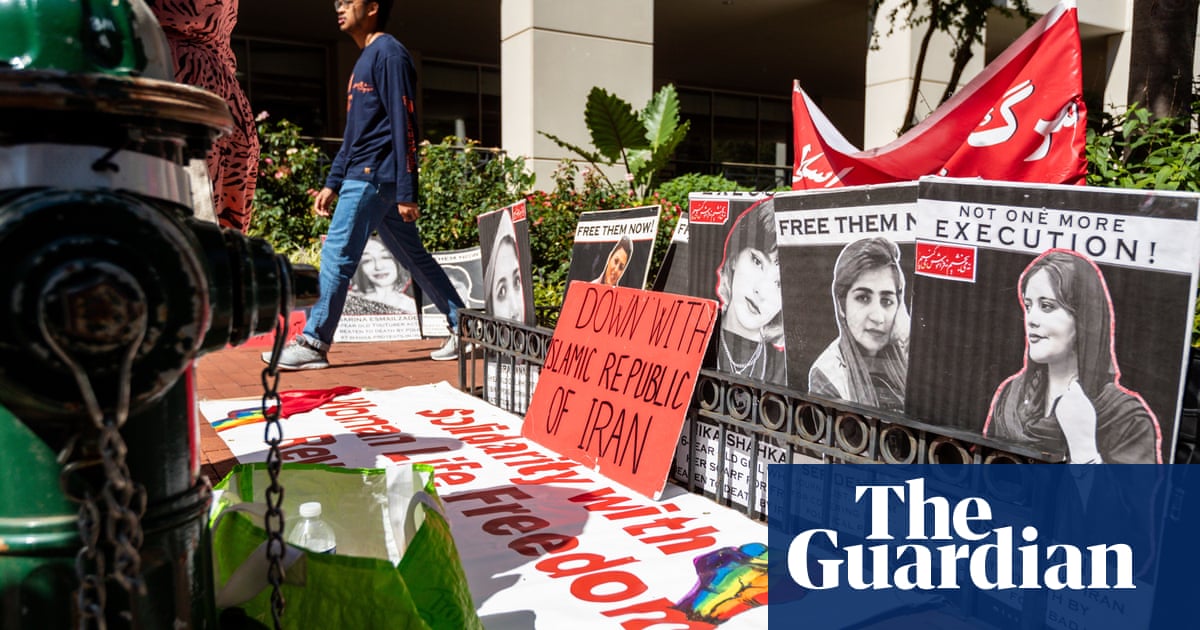
The first anniversary of the US-Taliban “Agreement for Bringing Peace to Afghanistan” passed at the end of February. The anniversary was marked with a new administration in the US. It is time to reflect on whether the deal has contributed in any way toward peace-building in the country.
There is cautious optimism but violence has continued ever since the deal was inked in Doha. However, the nature of the violence has taken on a new form. There is hardly a day that goes by without a bomb explosion or targeted killing in the country. Just last week, three female employees of a local television station in eastern Jalalabad city were shot dead, followed by the murder of a religious scholar in the capital Kabul. Hours after the incident in Jalalabad, the provincial government claimed to have arrested the culprit. However, the next morning, the Jalalabad governor asked security officials to arrest those responsible for the attack or resign. Such contradictory statements have raised doubts in people’s minds and show the miserable condition of the civil and military administrations.
Victims of the ongoing violence include government officials, members of security forces, journalists, civil society and peace activists, and large numbers of ordinary citizens. The Afghan government blames all attacks on the Taliban, but the Taliban rejects any involvement and instead blames the government for using the attacks as a propaganda tool. The situation is very complicated as there is no pattern among the victims.
No one has a clear idea as to who is behind these horrific attacks. Some politicians say they are the work of elements bent on spoiling the peace process by killing innocent civilians and creating terror within society for their own vested interests. Regardless of who is behind the wave of killings and whatever the motive, it is the duty of the government to protect the lives of the country’s citizens. As it has failed to do so, people have been losing faith in the government’s credibility.
President Joe Biden’s administration is yet to fully disclose how it will handle the situation in Afghanistan as it is awaiting a comprehensive review of last year’s agreement. However, what has emerged so far is that Biden wants the peace process to continue, an end to the war, and a withdrawal of US troops from the country. Extending peace envoy Zalmay Khalilzad’s term indicates that the Biden administration wants to build on what he has achieved so far, rather than start from scratch with a new diplomat. Most importantly, his institutional memory is of the essence for all parties as he led the US efforts toward the peace agreement through continuous negotiations with all relevant stakeholders.
The US has shared a peace proposal with the Afghan government that includes increased involvement by the UN
Ajmal Shams
Khalilzad’s visit to the region last week was of paramount importance. He met President Ashraf Ghani, peace council chief Abdullah Abdullah and other political figures. He has shared a peace proposal with the Afghan government that includes increased involvement by the UN and an idea for an inclusive government.
Meanwhile, US Secretary of State Antony Blinken has written a strongly worded letter to Ghani and Abdullah, providing more clarity on the US’ position and stressing the urgency of peace efforts. He has indicated that a withdrawal of all US troops by May 1 — as outlined in last year’s Doha agreement — is still on the table, which may result in the Afghan government losing territory to the Taliban. Washington wants the UN to convene a foreign ministerial conference comprising Russia, China, Pakistan, Iran, India and the US to work toward a unified approach in support of the peace process. Such regional and international consensus would give the necessary legitimacy to the peace process.
According to the letter, the US will ask the government of Turkey to host a meeting between the Afghan government and the Taliban to finalize the peace settlement. It is premature to say whether or not the proposed meeting in Turkey will result in a permanent settlement, but this will be difficult given Ghani’s repeated statements that he will only hand over power to another democratically elected president. With the recent developments in the US’ position, it is highly unlikely that what Ghani wants is practical.
Any peace settlement would be acceptable for Afghans, as long as the sovereignty of Afghanistan, the free will of its people and their fundamental freedoms, and the gains of the past 18 years are preserved. A peace agreement will require compromises on all sides, as is typical of the end of any conflict. Both the Afghan government and the Taliban must abandon their desire for a monopoly on power and instead work toward an inclusive political system that heals the wounds of the past four decades of bloody conflict.
• Ajmal Shams is Vice-President of the Afghanistan Social Democratic Party and is based in Kabul. He is a former Deputy Minister in the Afghan National Unity Government. Twitter: @ajmshams
Disclaimer: Views expressed by writers in this section are their own and do not necessarily reflect Arab News" point-of-view












